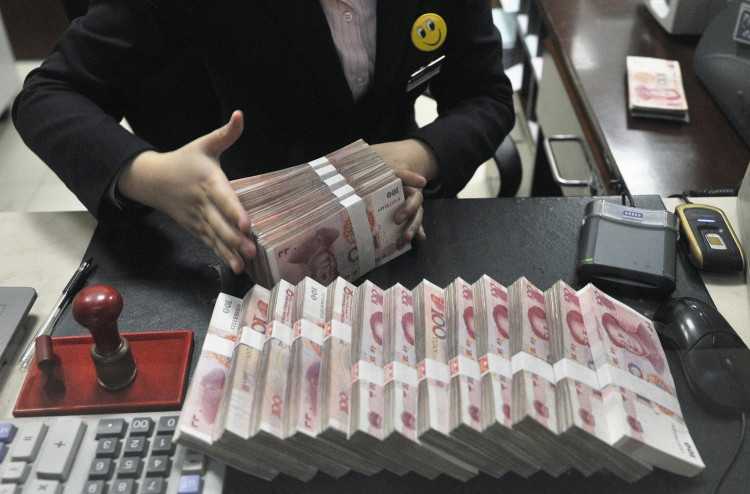China is cracking down on its growing debt crisis by imposing severe penalties on 8.3 million individuals who have failed to settle their debts. The government's delinquency blacklist has swelled by nearly 50% since late 2019, leading to stringent measures that restrict defaulters' access to high-speed rail travel, luxury accommodations, and even vacations, according to the Wall Street Journal.
The Chinese government's approach to handling the country's debt crisis has drawn international concern, with billionaire investor Ray Dalio warning that China could face a "lost decade" if it does not address its debt issues effectively. The crackdown on debt defaulters comes as household debt in the country has surged by 50% in the past five years, reaching approximately $11 trillion.
Unlike the United States, China does not allow most people to declare bankruptcy to write off bad debts, a policy that has been criticized by Chinese scholars as unfair. Courts can place individuals on the delinquency blacklist if they fail to fulfill judgments against them or are deemed uncooperative with legal proceedings.
In addition to travel and lifestyle restrictions, the government has resorted to measures such as salary seizures and barring defaulters from government jobs. Some Chinese telecom companies have even assigned unique ringtones to blacklisted debtors, warning callers about the person's financial crisis and urging them to encourage the defaulter to clear their outstanding balances.
The threat of punishment for falling behind on debt is causing many Chinese families to become more conservative with their money, which is impacting consumer spending and causing Western companies like Apple Inc., Estee Lauder Companies, and General Motors to report weaker sales in China.
The debt crisis has been further exacerbated by the collapse of China's real estate market, which led to a $7 trillion downturn in February, prompting President Xi Jinping to seek measures to stabilize the market and restore investor confidence. The rising risks of a significant "debt-deflation spiral" could also exacerbate the financial vulnerabilities in households nationwide, potentially leading to more defaulters being blacklisted.
China's supreme court maintains a public online database of blacklisted defaulters, which includes their partially redacted government ID details, age, home cities, and debt records. This delinquency blacklist is separate from the "social credit" system, which tracks people's movements and behavior to take appropriate actions and ranks them with social credits.
The social credit system, a mandatory program built on the idea that "keeping trust is glorious and breaking trust is disgraceful," has already been tested on millions of people, with authorities working to launch it across the country. People have been punished for various offenses, including loitering in the streets, spreading fake news, driving impaired, and even buying too many video games.
As China navigates a multifaceted economic environment, with Fitch Ratings recently downgrading its credit outlook from stable to negative, the government's approach to handling the debt crisis will continue to be a subject of international scrutiny. The punitive measures against debt defaulters, while aimed at curbing the growing debt problem, may have unintended consequences on consumer spending and overall economic recovery.
The long-term impact of China's crackdown on debt defaulters remains to be seen, as the country grapples with the delicate balance between maintaining financial stability and supporting economic growth in the face of global challenges and domestic pressures.






